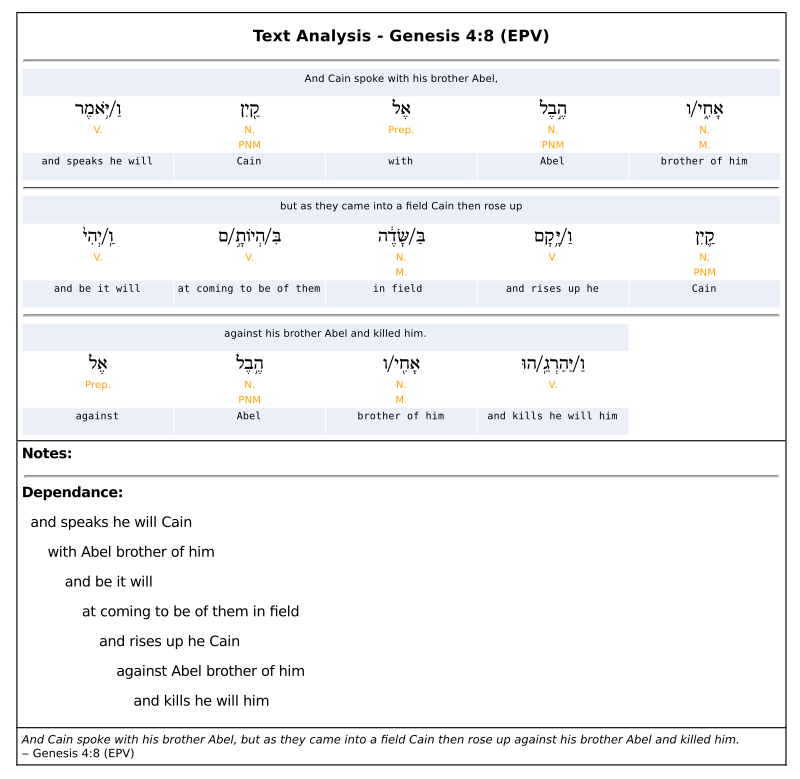I addition to some of the textual variants cited in the other answers, two of the ancient Aramaic translations also include the missing phrase "Let's go out to the field".
Targum Pseudo-Jonathan
ואמר קין לות הבל אחוהי איתא ונפוק תרוינן לברא
Targum Yerushalmi
ואמר קין להבל אחוי איתא ונפוק לאפי ברא
However, this is not necessarily evidence of an original Hebrew text with this phrase, as the Aramaic translations often add in explanations that are not translations of the actual text.
As to the premise that the word ויאמר cannot be a standalone word for talking (without specifying what was said), this is not true. As Samuel David Luzzato points out, we have a clear example of this in Exodus 19:25.
וַיֵּרֶד מֹשֶׁה אֶל הָעָם וַיֹּאמֶר אֲלֵהֶם
So Moses went down to the people and told them. (ESV)
Like many other commentators, Luzzato explains that our verse means that Cain told Abel what God had just told him in the previous two verses.
Even the Septuagint, the Vulgate, the Samaritan Pentateuch, and the Syriac Bible – which add in the text that Cain spoke to Abel – do not add any text in Exodus 19:25.
Septuagint
κατέβη δὲ Μωυσῆς πρὸς τὸν λαὸν καὶ εἶπεν αὐτοῖς.
And Moses went down to the people, and spoke to them. (Brenton)
Vulgate
descendit Moses ad populum et omnia narravit eis
And Moses went down to the people and told them all.
(Douay-Rheims)
Samaritan Pentateuch
וירד משה מן ההר אל העם ויאמר אליהם (STEP)
So Moses went down from the mountain unto the people, and spake unto
them. (STEP)
Syriac Bible
ܘܢܚܼܬ ܡܘܫܐ ܠܘܬ ܥܡܐ ܘܐܡܼܪ ܠܗܘܢ܂ (CAL)
And Cain said to Abel his brother, Let us go to the plain; and it came
to pass, when they were in the field, that Cain rose up against Abel
his brother, and slew him. (Lamsa)
While the Targum Pseudo-Jonathan and Targum Yerushalmi do in fact add in words in Exodus 19:25, as I mentioned above this does not prove that there was a variant Hebrew text since the targums often insert explanatory words beyond the exact translation.
David Zvi Hoffman in his commentary to Genesis 4:8 notes that the Septuagint, Syriac, and Pseudo-Jonathan have the additional phrase of "let's go to the field", but he points out that the term אמר can be used as a standalone term. He mentions several examples of this: Jonah 2:11, II Chronicles 1:2, II Chronicles 35:24 (this verse does not seem to contain such an example), and Exodus 19:25.
